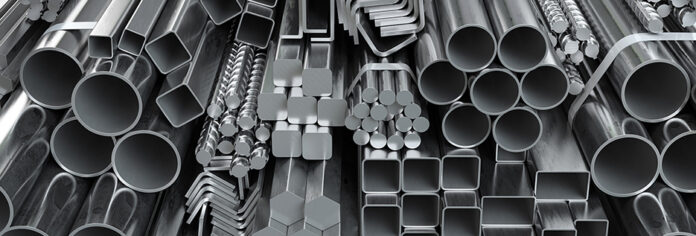The cement building of Ravi Textiles in Kasur has always looked bleak. Its grey facade against the grey winter sky was always meant to be functional, not aesthetically pleasing. What made up for the drab exterior was a bustling and noisy factory where labourers toiled over machines manufacturing yarn.
It was one of the many textile manufacturing units in the country that enjoyed a massive boom in the 1990s as Pakistan staked its claim as a textile exporting powerhouse, selling specialised products all over the world. But in 2021, when Muhammad Ali Shafique bought the company, the building had been gutted. The last time there was any activity there was in 2017, and since then Ravi Textiles was just looking for a buyer.
The rot had set in long ago. It had been struggling and running losses in the 2000s, and changed hands in 2008. That, unfortunately, was the year Pakistan went through an energy crisis which made it impossible for any new management to change things around at the textile mill. Why then would Muhammad Ali Shafique, whose family business was the booming Beco Steel, want to buy a doomed textiles company?
The textile industry was in a slump, the cost of doing business was too high and the accounts of the company were a picture of doom and gloom. Only one thing was going in Ravi Textile’s favour. It was a listed company trading on the stock exchange and Beco Steel wanted to get listed.
A reverse merger was carried out between Ravi Textile and Beco Steel which led to the creditors being paid off and much of Ravi’s assets being sold for scrap. What was left was a bare bone operation into which Beco Steel injected assets and equity in order to keep it afloat. Since 2021, it seems like Beco has emerged like a phoenix from the ashes of Ravi Textile. Today the floor of the foundry is lit by the fire and hiss of molten steel. Slowly, the company has managed to increase profits and the latest financials show that it is destined to have its biggest year yet. This is the story of how a reverse merger led to the listing of a star at the exchange. The content in this publication is expensive to produce. But unlike other journalistic outfits, business publications have to cover the very organizations that directly give them advertisements. Hence, this large source of revenue, which is the lifeblood of other media houses, is severely compromised on account of Profit’s no-compromise policy when it comes to our reporting. No wonder, Profit has lost multiple ad deals, worth tens of millions of rupees, due to stories that held big businesses to account. Hence, for our work to continue unfettered, it must be supported by discerning readers who know the value of quality business journalism, not just for the economy but for the society as a whole.To read the full article, subscribe and support independent business journalism in Pakistan









